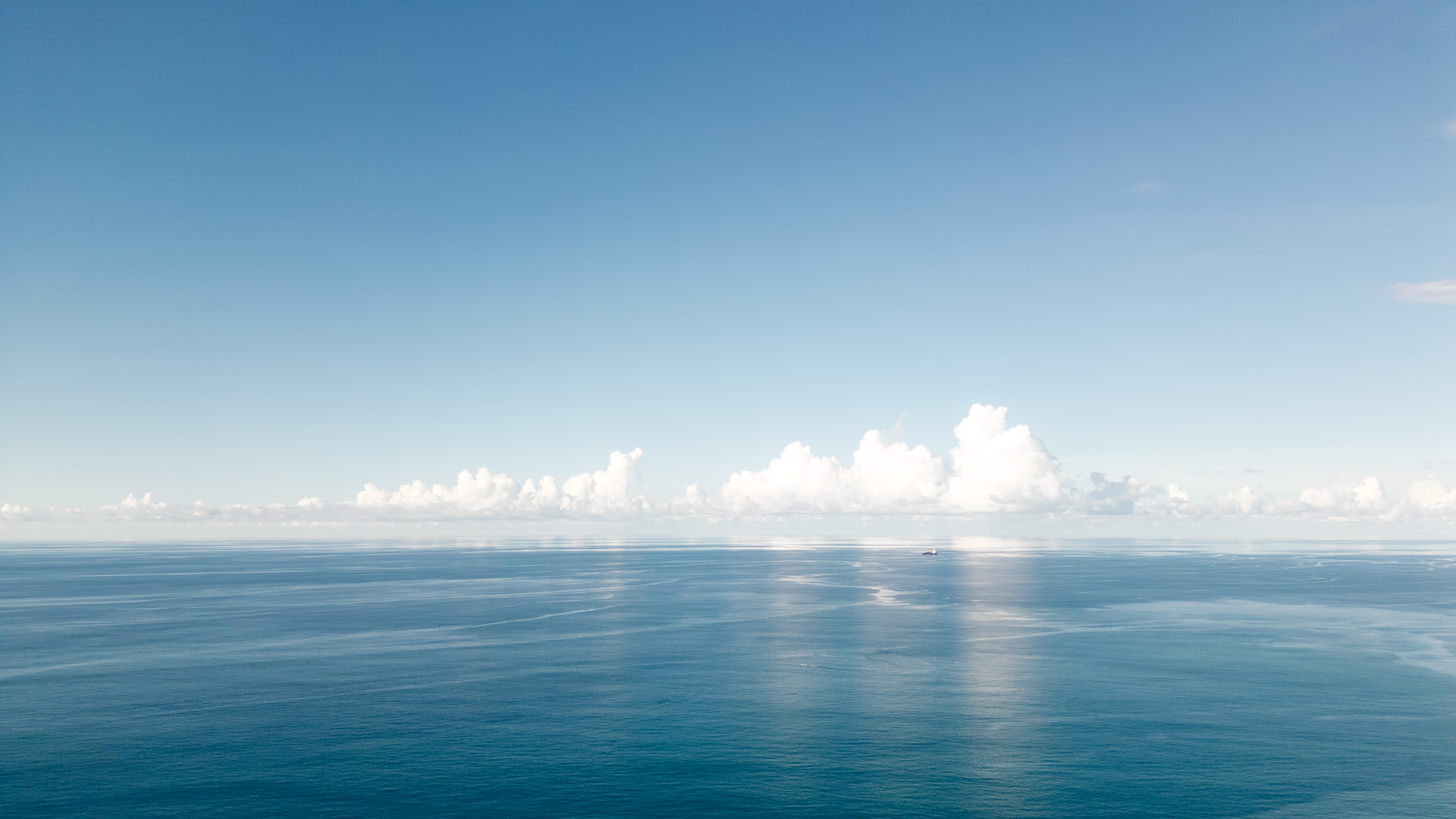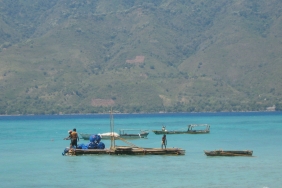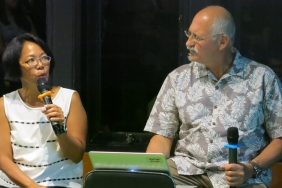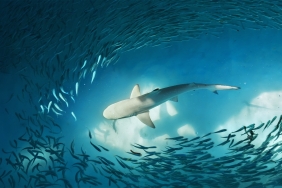THE SPIRIT OF ACEH: PANGLIMA LAOT (SEA COMMANDER) AND NATIONAL FISHERIES SUPPORT
by: Arifsyah M Nasution
The identity of Indonesia lies on its agrarian and maritime community. Indonesia’s landscape condition, both topographical and geographical, have formed cultural pluralism and character of Indonesian society, as reflected through the various ethnic, language and custom. The combination and encounter between natural condition and universal values of belief and divinity has built various forms of dynamic local wisdom and enabled the values and natural resources management practice being determined and carried out by considering sustainability and cross-generation fairness.
One thing that stands out and attracts the attention of the world’s fisheries community is the existence and traditional institution of Panglima Laot Lhok (Lhok Sea Commander) in Aceh.
Lhok can be literally translated as bay(s). The meaning of this term is an area inhabited by a group of fishermen and led by a chosen elder who will lead the fishermen community organization (Panglima Laot Lhok/Lhok Sea Commander). Every Panglima Laot Lhok has a certain sea management area of fishing and disembarkation (in the coastal area).
Based on empirical data, Lhok may have shapes of bay(s), estuaries, shore or canal-which is indented into the land. In some Lhok areas in Aceh which fishermen are relatively spread out, the term Panglima Teupin (Teupin Commander) that complies to Panglima Laot is also exist. In the mean time, there are approximately 193 Lhok in Aceh.
Lhok Sea Commander is both an organization and a base of the local fishermen community to build mutual agreement in managing and supervising the execution of norm and proviso about management procedure of more responsible and sustainable fishery resources.
Although the power of influence and authority of Panglima Laot Lhok tend to be eroded by socio-political development and modernization in the fisheries field, Panglima Laot Lhok is still exist as the entity and identity of Aceh coastal community whose existence and role in developing a more sustainable and fair manner Fisheries in Aceh is irrefutable.
Panglima Laot Lhok is a form and evidence of Indonesian living history. It needs to be revitalized and repositioned so that its role and function will continue to be strategic and contextual with the fisheries development in local, national and regional level (South Asia and South-East Asia).
In line with that, Indonesia continues to struggle, straightened up its fisheries sector so that it can become a long term solution for economic balance, natural resources sustainability and society welfare, especially the coastal community that is in fact representing the traditional fishermen groups and small scale earthen fishermen who in majority are still trapped in poverty.
Meanwhile an irony is still happening. The rise of fleets, destructive fishing and destruction of sea and coastal ecosystem have and still become a part that is almost impossible to cover. This phenomenal has become a real description that our country and community have been very trapped and still compromise (if not to be called lost) with the black capitalist and corporation interests that do not want to know and appreciate local wisdom values and social fairness.
It is such an impossibility. The challenge in building Indonesian sustainable fisheries is no longer depending on just how to find breakthrough so that the irony that whacks our fisheries does not continue too long. Another option is to prepare more pro wisdom instrument about the importance of efforts in maintaining balance and environmental support.
The matter depends also on how to deliver and embody the local wisdom values which are enforced by the coastal community itself through its identity and cultural entity. In Aceh for instance, through reinforcement of Laot Custom Law and Panglima Laot, as a social control that can be effective in supporting the management of sea and coastal area in a more responsible and sustainable manner. This is the spirit of the national fisheries that is necessary and important to grow and developed continuously, “from Sabang to Merauke”.
Well, good news and a hope. Most of us are now act and engaged in various frame work in line with one another to create Indonesian fisheries which is more responsible and sustainable. There are many things that have been done and certainly require regular evaluation to see steps of priority and future intervention that need to be taken and escorted.
Contact: Arifsyah M Nasution | Fisheries Program Assistant WWF-Indonesia | arifsyah (at) gmail.com | +6281377242121





